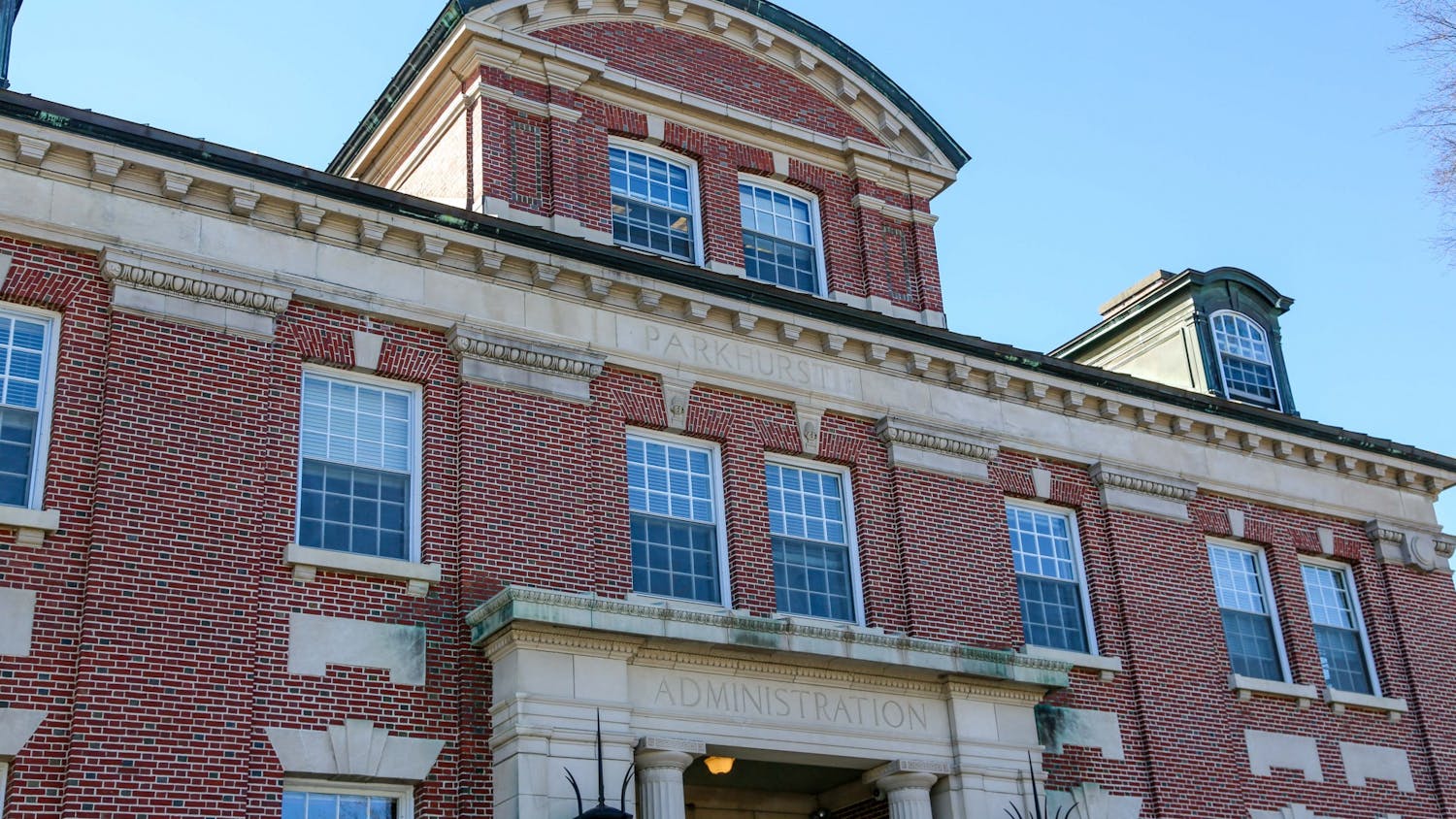If you’ve followed the news on campus this term, you’ll know that the Dartmouth administration has enacted a strict set of COVID-19 policies, violations of which have led to the College removing an unknown number of undergraduate students from campus this fall. The administration has justified its approach on public health grounds. It appears, however, that the College has been rolling out policies amid a growing and glaring double standard: COVID-19 regulations for graduate students are dramatically less restrictive than those for undergraduates.
One prominent example of this double standard is the College’s diverging travel policies for the two segments of its student body. Undergraduates are “not permitted to travel outside of the local area” — limited to the towns of Hanover, Enfield, Lebanon, Lyme, West Lebanon, Norwich and Hartford — with “no exceptions.” Popular outdoor student excursions and hikes — including Riverview Farm and Mount Moosilauke — are off limits. Contrast that, both in both tone and substance, to the graduate student travel policy. The College simply advises graduate students that “personal travel is strongly discouraged.” Although graduate and professional school students must meet an unspecified “series of requirements” before reentering campus buildings, those who “choose to travel” are permitted to do so.
The travel policies present a blatant double standard. Save a few years of age, what truly sets apart the graduate students from the undergraduates? It is true that the College may be assuming that the majority of graduate students are in off-campus houses, and thus it is ineffective to try to restrict their travel. But more undergraduates than ever find themselves in similar circumstances this fall. There is no public health difference between a graduate student and an undergraduate. Yet the College, ostensibly in the name of public health, continues to inflict a harsh double standard.
A further demonstration of this double standard is the disparate policies for breaking Dartmouth COVID-19 regulations. Although both graduates and undergraduates had to sign a “Community Expectations” form, punishment for breaking its terms have not been consistent. When 23 Tuck School of Business students gathered in Whittemore Hall on Sept. 4, they were simply placed in quarantine. But when a group of undergraduates were found gathered in a dorm room on Oct. 3, they were told to leave campus by noon the following day.
The College has been wildly inconsistent in how it treats its undergraduate and graduate student populations. It seems graduate students are seen as adults, while undergraduates are not afforded the same respect. This is disrespectful and unfair. It means that graduate students can permissibly travel to Boston for a weekend getaway, for example, while undergraduates may risk immediate removal from campus for merely going on day hikes that fall outside the permitted travel zone.
It is impossible to ignore the absurdity of this double standard. Graduate and undergraduate students must be treated with the same level of respect and judicial proceedings by the College need to be universal. It is only fair.
The editorial board consists of opinion staff columnists, the opinion editors, the executive editors and the editor-in-chief.



